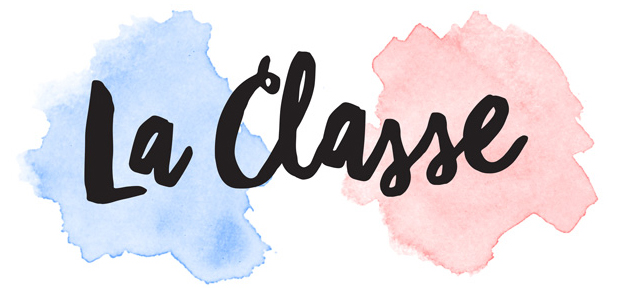Language is a rich and diverse landscape, with accents integral to its composition. When learning French, the desire for impeccable pronunciation often leads to a quest for a "perfect" French accent. It's important to recognise that there's no one-size-fits-all regarding accents. In fact, even French-speaking regions are home to a rich tapestry of accents. In this article, we'll explore why embracing your unique accent while striving for clear communication is acceptable and enriching.
The Beauty of Diverse French Accents
No "Perfect" Accent
The idea of a "perfect" accent is a myth. French, like any language, has regional variations in pronunciation and intonation. From the melodious sounds of Paris to the lyrical tones of Quebec, each accent has its charm. French Teachers should encourage learners to accept that perfection is subjective and unrealistic.
Celebrate Diversity
Rather than striving for an elusive ideal, celebrate the diversity of accents. Each accent reflects a unique cultural and historical backdrop. Embracing your own accent or the accent you acquire during your language journey is a way of connecting with this cultural richness.
Accent vs. Pronunciation
It's essential to distinguish between accent and pronunciation. Understanding this difference can help learners focus on clear communication without feeling pressured to change their accent entirely.
Accent
An accent encompasses the unique way a group of people pronounce words and speak a language. It involves variations in sounds, rhythm, and intonation. Your accent is a part of your identity and cultural heritage.
Pronunciation
Pronunciation, on the other hand, is the ability to articulate sounds correctly. It is crucial for clear communication, as mispronunciations can lead to misunderstandings. While you can improve your pronunciation, your accent will always carry a piece of your linguistic identity.
Practical Tips for Improving French Pronunciation
Clear communication is the primary goal of language learning. Here are some practical tips to help you improve your French pronunciation while embracing your unique accent:
Listen Actively
Tune your ear to native speakers by listening to various French accents. This will help you understand different pronunciations and intonations.
Repeat and Practise
Practise speaking French regularly. Pay attention to the specific sounds, syllables, and words that challenge you. Repeat them until you feel confident.
Feedback is Key
Seek feedback from native speakers or experienced French teachers. They can provide valuable insights and correct your pronunciation.
Use Technology
There are several language-learning apps and tools that can help you with pronunciation. They often include voice recognition features that provide instant feedback.
Value of Linguistic Diversity
Preserving Heritage
Accents are a testament to the rich tapestry of language and culture. They preserve linguistic heritage and connect us to our roots. Encouraging linguistic diversity is a way to honour this heritage.
Global Understanding
In a globalised world, embracing diverse accents fosters global understanding and empathy. It reminds us that there are many ways to express the same ideas, and that's beautiful.
Empowerment
Embracing your unique accent empowers you to be yourself. It's a declaration that your voice matters and your way of speaking is valid.
Conclusion
The pursuit of clear communication should never come at the expense of your unique accent. There's no such thing as a "perfect" accent, and there's beauty in the diversity of accents. It's crucial to differentiate between accent and pronunciation, focusing on the latter for effective communication. Remember, it's not about erasing your accent; it's about perfecting your pronunciation while cherishing what makes you and your language special.




